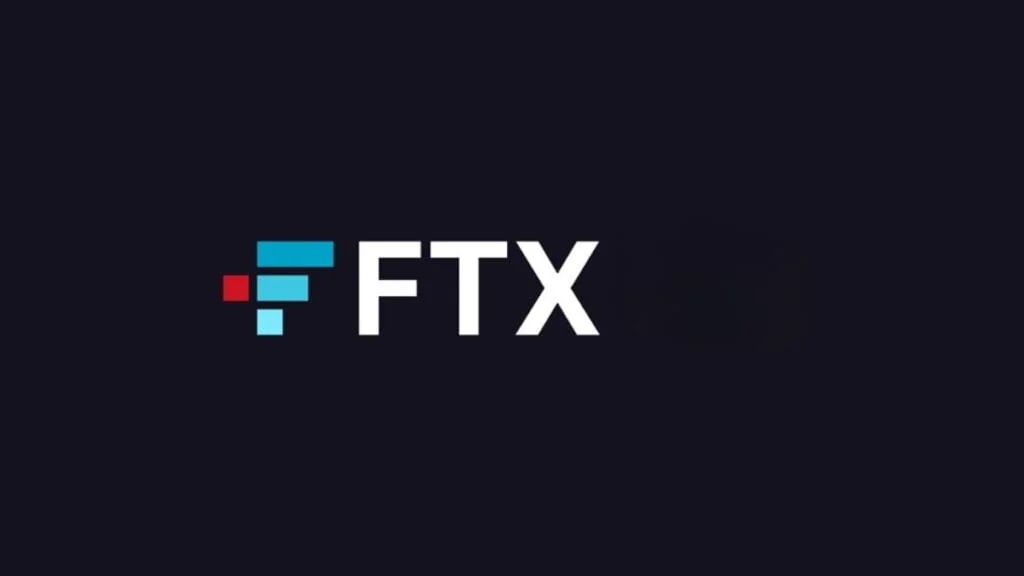The bankruptcy proceedings of cryptocurrency exchange FTX have revealed many new aspects of its unethical practices.

Many additional facets of FTX’s unethical conduct have come to light as a result of its bankruptcy proceedings. Fresh questions about its operations and alleged abuse of banking loopholes have been raised by the most recent revelation regarding its stake in one of the smallest US banks from rural Washington.
With just one branch and three employees, Washington’s Farmington State Bank, now known as Moonstone, is the 26th-smallest bank in the nation. Through its now-defunct sister company Alameda, FTX made a $11.5 million investment in FBH, the rural bank’s parent company, in March 2022.
According to The New York Times, the Alameda investment was worth more than twice the bank’s $5.7 million value. Many believe that FTX’s ownership of Moonstone is an attempt to get around the complicated process of obtaining a banking license in the United States.
One Reddit user wrote that it takes a lot of work to get a banking license, and thus“buying a small bank is often a back door to getting a license, which would be a natural part of a business plan for something like FTX.”
Another user pointed toward the perceived misuse of banking loopholes and the lack of regulatory oversight on crypto. Others speculated that Sam Bankman-Fried’s political connections could have played a part in the deal as well, with one user saying:
“With the amount of political connections SBF had, I would not be surprised either if he just got that license for no reason.”
The relationship between the rural bank’s parent company, FBH, and another crypto entity, Tether, the biggest issuer of a stablecoin in the crypto market at the moment, caught the attention of the crypto community more than FTX’s investment in a U.S. bank.Jean Chalopin, who also serves as the chairman of Deltec Bank, which counts Tether and Alameda among its clients, is the chairman of FBH.
Nearly a century after the bank’s founding, in 2020, FBH purchased it with the intention of facilitating cryptocurrency-related transactions and submitted an application for Federal Reserve approval. In June 2021, the bank received federal approval.
Nine months later, FTX invested in the rural bank, which had since received approval from the Federal Reserve. Many in the cryptocurrency community became concerned about the banking relationship between Tether and FTX/Alameda because Tether has long been the subject of criticism for reserve audits.
